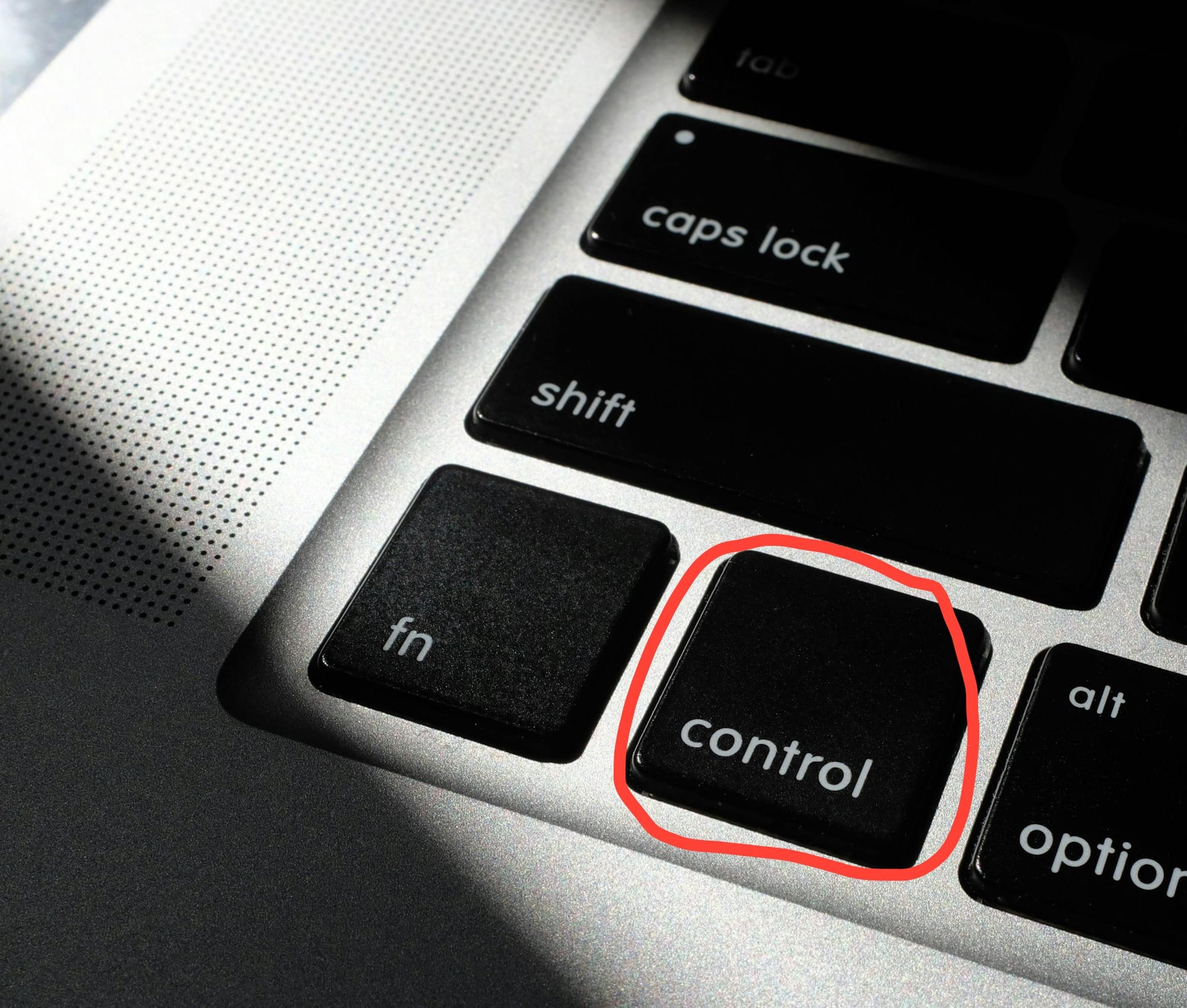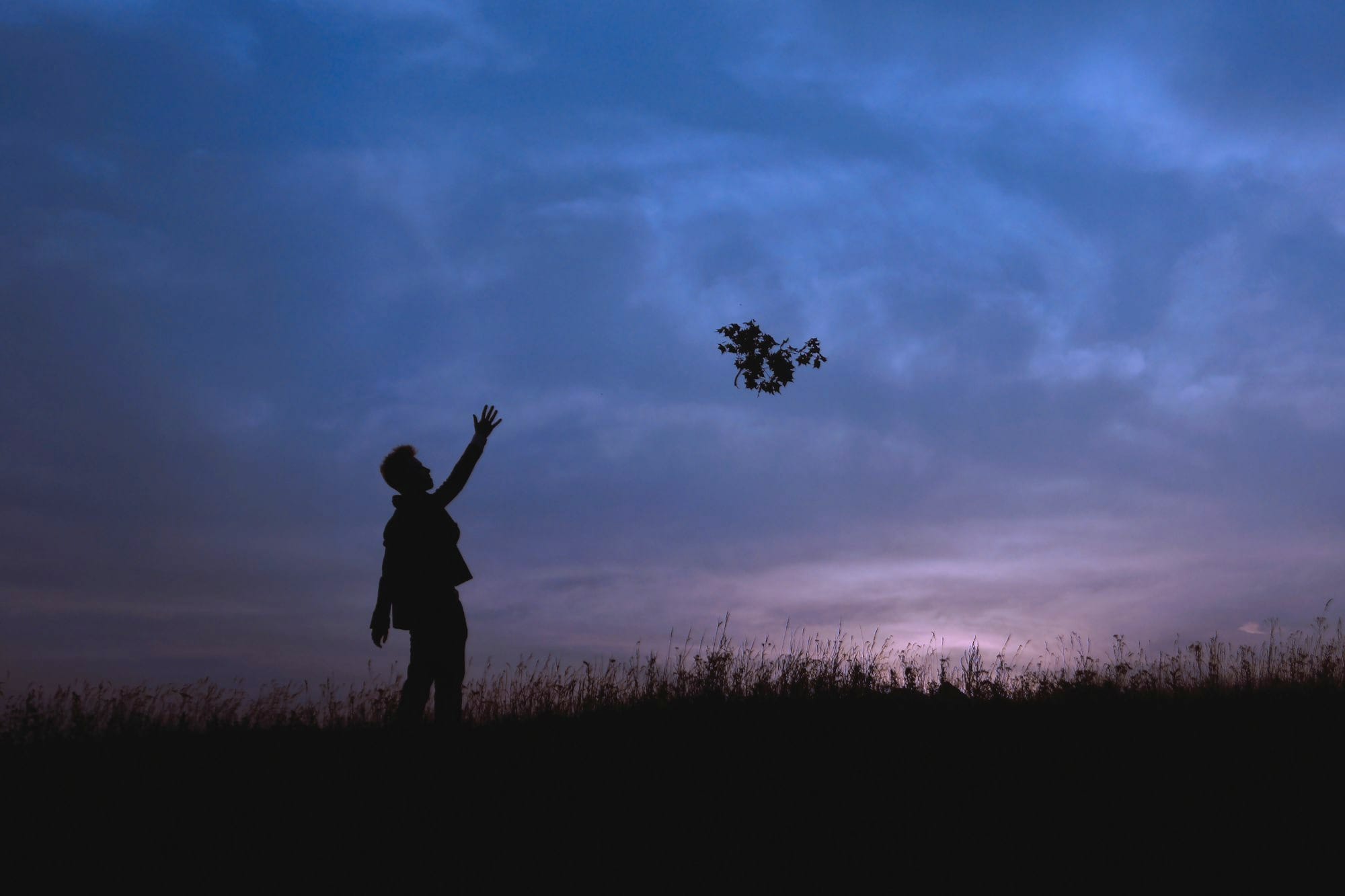Imagine Sisyphus, the mythical figure eternally condemned to roll a boulder uphill, only to watch it roll back down again. His relentless struggle against a predetermined fate embodies the futility of clinging to control in an inherently unpredictable universe. This paradox, explored across philosophy, psychology, and even everyday life, lies at the heart of the human condition: the more desperately we try to control something, the more it often controls us.
The Illusion of Control: A Dance with Uncertainty
Life is uncertain!
This inherent unpredictability can be unsettling. We crave a sense of order, a feeling that we can navigate the world with a degree of agency. This desire for control manifests in various ways. We strive to micromanage our schedules, meticulously plan for every eventuality, and attempt to influence the behaviour of others. However, this constant striving can backfire spectacularly.
We cling to the illusion of control like a child clutching a security blanket. We believe that by pulling the strings, we can manipulate our destiny. But what if those strings are mere illusions? What if the puppeteer is also the puppet?
Consider the stock market. Traders pore over charts, analyse trends, and make calculated moves. Yet, the market remains capricious, defying predictions. Our attempts to control it often lead to anxiety, sleepless nights, and the gnawing fear of loss. We become the marionettes, dancing to invisible forces. Despite knowing this, our egos can't help but engage in self-destructive behaviours.
Our ego craves control. It constructs narratives, assigns blame, and clings to identities. We want to control what happens to us, how others perceive us, and how events unfold, among other things. But the tighter we grasp, the more elusive our desires become. The ego’s hunger for control blinds us to the beauty of surrender.
In our quest for control, we become ensnared. The perfectionist micromanages every detail, yet life remains messy. The helicopter parent smothers their child, stifling growth. The more we tighten our grip, the more life slips through our fingers. It’s when we release that we gain true influence — the power to inspire, uplift, and transform.
Our ability to manage control ultimately depends on the realisation that life is a precarious dance between the potential choices and associated responsibilities that define our existence. We are not bound by predetermined scripts, but rather constantly make choices that shape our reality. However, this decision-making can be overwhelming. The vastness of possibilities can lead to a desperate attempt to impose control, creating a sense of security in an otherwise uncontrollable world. Yet, this very act of control can become a prison, limiting our ability to adapt and respond to life's unforeseen twists and turns.

The Psychological Cost of Control
Psychology delves deeper into the connection between control and anxiety. We often develop a need for control as a coping mechanism for anxiety-provoking situations. Imagine a student perpetually worried about failing an exam. They might resort to obsessive studying, neglecting other aspects of life in a desperate attempt to guarantee success. While this behaviour might offer a temporary sense of calm, it ultimately fuels the underlying anxiety. The fear of failure intensifies, leading to a need for even greater control, creating a self-perpetuating cycle known as a "control-anxiety feedback loop".
The paradox of control doesn't imply complete passivity. We can certainly influence our lives through effort and planning. The key lies in recognizing the limitations of control and cultivating acceptance of what lies beyond our influence. This doesn't mean surrendering to fate, but rather focusing on what we can control – our actions, thoughts, and reactions.
Eastern philosophies offer a powerful framework for navigating this paradox. The concept of "letting go" emphasizes the importance of accepting what is outside our domain. By detaching from outcomes and focusing on the present moment, we can cultivate a sense of inner peace and resilience in the face of uncertainty.
This acceptance doesn't negate the importance of setting goals and working towards them. The key lies in embracing the journey, with all its twists and turns, rather than fixating solely on the destination. Imagine a seasoned sailor. They meticulously plan their course, but they also understand the power of the wind and waves. They remain adaptable, adjusting their sails to navigate the ever-changing conditions.
The need for control often stems from a fear of vulnerability. We believe that by controlling everything, we can avoid pain and disappointment. However, this creates a rigid existence devoid of genuine connection. Letting go of control allows us to be open to new experiences and build stronger relationships.
Think of a couple in a long-term relationship. One partner might constantly try to control the dynamics, fearing the vulnerability of intimacy. However, by loosening their grip and allowing for more open communication, they can create a deeper and more fulfilling connection.
The paradox of control ultimately teaches us a valuable lesson: true freedom lies not in dominating our circumstances, but in learning to navigate them with grace and acceptance. It's about embracing the inherent uncertainty of life and finding joy in the journey, not just the destination. By letting go of the need to control, we open ourselves up to a world of possibilities, fostering resilience, growth, and deeper connections with ourselves and the world around us.
The Grip of Control in Everyday Life
The paradox of control isn't confined to philosophical thought experiments or clinical settings. It manifests in countless ways throughout our daily lives. In my personal coaching with clients, I have seen examples of such patterns and/or behaviours:
- Relationships: A partner who constantly monitors their significant other's whereabouts or tries to dictate their behaviour might be acting out of a fear of abandonment or a need for control. Such behaviour can damage trust and intimacy, ultimately pushing the desired connection further away.
- Work: Micromanaging employees stifles creativity and innovation. A leader who clings to control might struggle to delegate tasks effectively, creating a work environment filled with anxiety and resentment.
- Finances: While financial responsibility is crucial, obsessing over every penny can lead to unnecessary stress and a distorted relationship with money. The desire to control every financial outcome can prevent individuals from taking calculated risks or enjoying the fruits of their labour.
- Health: The need for control can manifest in unhealthy ways when it comes to health. Obsessive calorie counting, excessive exercise, and constant worry about illness can backfire, leading to disordered eating, injuries, and heightened anxiety.

The Philosophical Case for Letting Go
From the existentialist perspective, we are thrust into existence without a script or grand design. Freedom, a core tenet of existentialism, comes hand-in-hand with responsibility. We constantly make choices that shape our reality, yet this very freedom can be overwhelming. The vastness of possibilities can lead to a desperate attempt to impose control, creating a false sense of security in an otherwise uncontrollable world. French philosopher Jean-Paul Sartre, in his seminal work Being and Nothingness, describes "bad faith" as the act of denying our freedom and responsibility, often resorting to rigid belief systems or societal expectations in an attempt to escape the burden of choice. This inauthentic existence, where control becomes a facade, ultimately diminishes our ability to experience the true richness of being human.
Eastern philosophies offer a complementary perspective. The concept of "dukkha", as instantiated in Hinduism and Buddhism for instance, often translated as suffering, arises from our attachment to impermanent desires and the illusion of control. By clinging to outcomes and resisting the natural flow of life, we create a self-inflicted prison. The Four Noble Truths, a core Buddhist teaching, outline the path to liberation from suffering. The first truth acknowledges the inevitability of suffering, but the second truth offers a glimmer of hope: suffering arises from craving, including the craving for control. Letting go, or "non-attachment", as advocated in Buddhism, doesn't imply apathy, but rather a mindful acceptance of what lies beyond our influence.

Embracing the Dance of Uncertainty: Strategies for Letting Go
The paradox of control doesn't mean indifference. We can certainly influence our lives through effort and planning. The key lies in recognizing the limitations of control and cultivating acceptance of what lies beyond our influence. Here are some practical strategies for loosening your grip and embracing the power of letting go:
- Mindfulness Meditation: By anchoring yourself in the present moment, you can detach from anxieties about the future and regrets about the past. Meditation allows you to observe your thoughts and emotions without judgment, fostering a sense of acceptance for what is.
- Self-Compassion: The need for control often stems from a harsh inner critic. Practice self-compassion by acknowledging your imperfections and treating yourself with kindness. Remember, everyone makes mistakes – it's a part of being human.
- Focus on the Process, Not the Outcome: When embarking on a new project or goal, shift your focus from the desired outcome to the process itself. Enjoy the learning experience, celebrate small wins, and be open to adjusting your approach as needed. This allows you to appreciate the journey rather than becoming fixated on a specific destination. Take, for example, an aspiring writer. They might initially fixate on achieving publication, leading to anxiety and writer's block. By shifting their focus to the joy of crafting stories and savouring the process of writing, they can tap into their creativity and find fulfillment regardless of the final outcome.
- Embrace Imperfection: Letting go of control means accepting that life won't always unfold according to plan. Unexpected events will occur, and sometimes things will simply not go your way. Learn to find beauty in the imperfections and embrace the unexpected detours life throws your way. Imagine a traveller with a meticulously planned itinerary. A sudden storm might force them to deviate from their route. While initially frustrating, this detour could lead them to discover a hidden gem or a unique cultural experience they wouldn't have encountered otherwise.
- Celebrate Flexibility: Life is a constant dance of adaptation. Develop your ability to adjust your sails in the face of changing winds. View unforeseen circumstances as opportunities for growth and learning, not troubling roadblocks. Imagine a business owner who has built their success on a specific product or service. A sudden shift in market trends could force them to adapt their offerings. By embracing flexibility, they might discover a new niche market or even create an entirely new product line, leading to unexpected growth and prosperity.
Conclusion: A Life Embraced, Not Controlled
The paradox of control reminds us that true power lies not in dominating our circumstances, but in learning to navigate them with grace and acceptance. It's about cultivating a growth mindset, embracing flexibility, and finding joy in the journey, not just the destination. By loosening our grip on control, we open ourselves up to a world of possibilities, fostering resilience, growth, and deeper connections with ourselves and the world around us. Embracing the inherent flow of life, we can cultivate a sense of peace and fulfillment, carving out a beautiful existence even amidst the ever-present dance of uncertainty.





